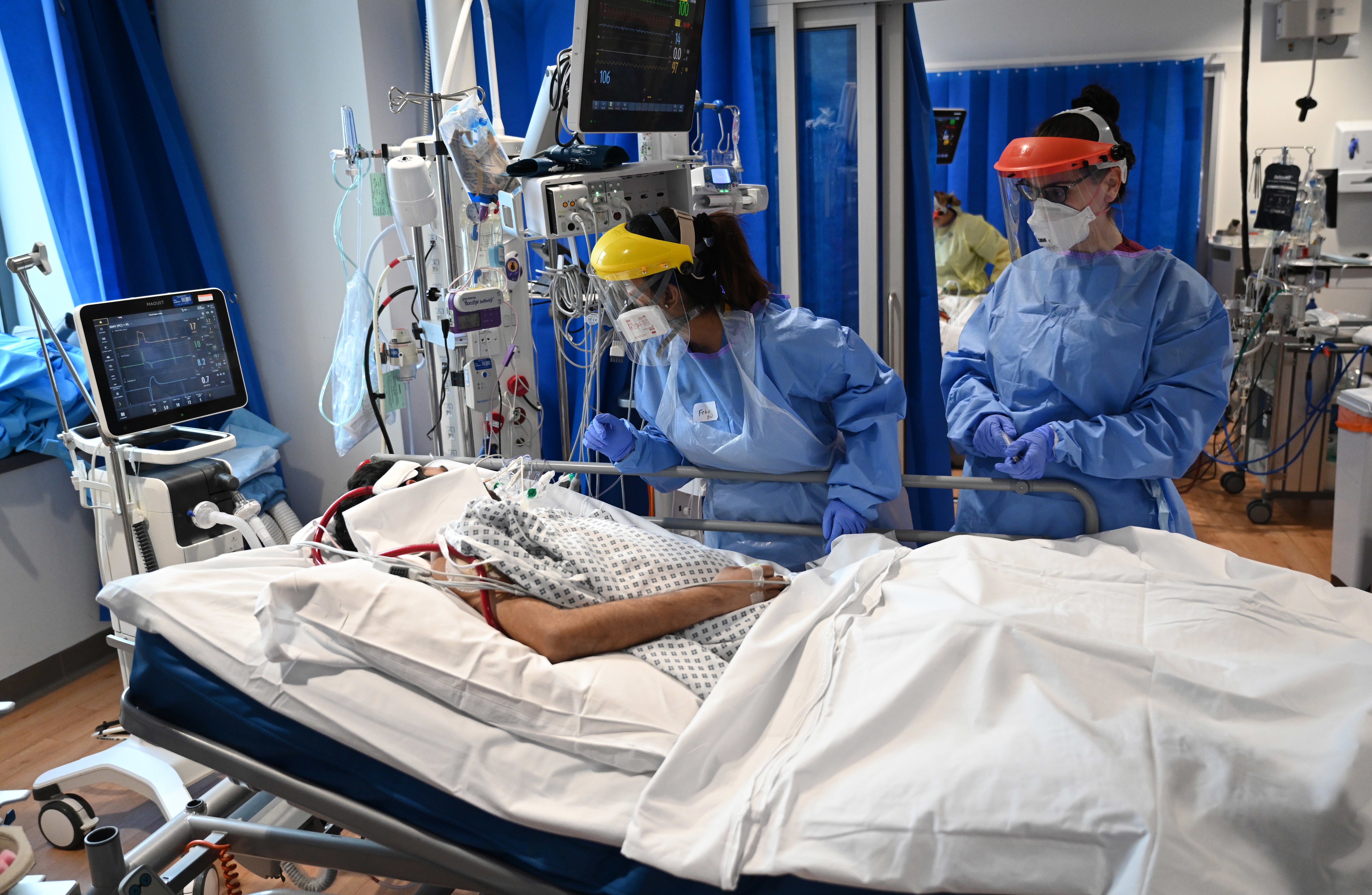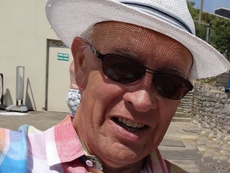People of colour must be prioritised for the Covid vaccine - unless we want history to repeat itself
If we are to avoid compounding inequality we saw during the first wave, then we need to plan ahead for when a vaccine becomes available, writes Ian Hamilton


The good news is that Pfizer has said its new covid vaccine is 94 per cent effective, based on the results of their phase three trial data. The research also provides encouragement for the black and ethnic minority (Bame) community, with 42 per cent of participants from diverse ethnic backgrounds. This level of protection matters for all but especially for individuals from the Bame community as they have been disproportionately affected by covid in terms of infection and fatalities.
Deaths during the first wave of the pandemic were not spread equally as black men were nearly three times more likely to die as a result of contracting covid than their white peers. For Pakistani men, the increased risk of death was double and for Bangladeshi men it was 2.5 times that of white men. Bame women were also at increased risk of death due to covid compared to white women.
Rather than view this as the result of some genetic difference, the inconvenient truth is that this elevated risk is due to racism. Although in theory the NHS should offer services in a free and equitable way this is not the experience of some from the Bame community. The route into healthcare and then onto treatment is riddled with discrimination – some of it overt and some of it subtle. People from Bame communities can be reluctant to seek help with covid, in part due to lack of services in areas where they live but also due to the perception that they won’t be offered the same care and treatment as their white counterparts.
This is not imagined: the evidence emerging from the first wave of covid backs this up. For example, Bame individuals present far later to emergency services with covid symptoms – consequently, they have to be transferred to intensive care quickly.
If we are to avoid compounding this inequality, then we need to plan who will be prioritised when a vaccine becomes available. So far there has been no acknowledgement by any government minister that those from Bame communities should be prioritised. The focus has been on older people, particularly those living in residential care. In an ideal world, decisions about who will and who won’t receive a vaccine early wouldn’t be necessary, but we have to be realistic.
Given that frontline health workers are more likely to be from Bame communities, it might provide some reassurance that they will be prioritised in the early roll-out of covid vaccines. But unfortunately, that’s an assumption based on equal access among workers and this won’t be the reality unless there is systemic change. The first step in tackling a specific issue of inequality is to move from a state of denial to acknowledge what’s happening, then do something about it. So far none of those steps are apparent from any government communication on covid.
Unless the decision to prioritise Bame communities and frontline workers is made quickly, we will repeat the devastating inequality that they experienced in the first wave of the pandemic, While we can’t change the past, we are able to level this fatal inequality going forwards. Accepting the disproportionate number of Bame deaths due to covid is critical, but to do nothing about it is criminal.
Ian Hamilton is associate professor of addiction at the University of York



Join our commenting forum
Join thought-provoking conversations, follow other Independent readers and see their replies
Comments